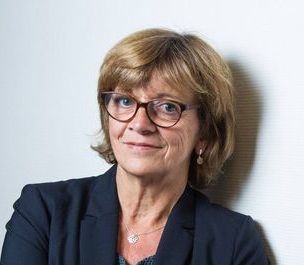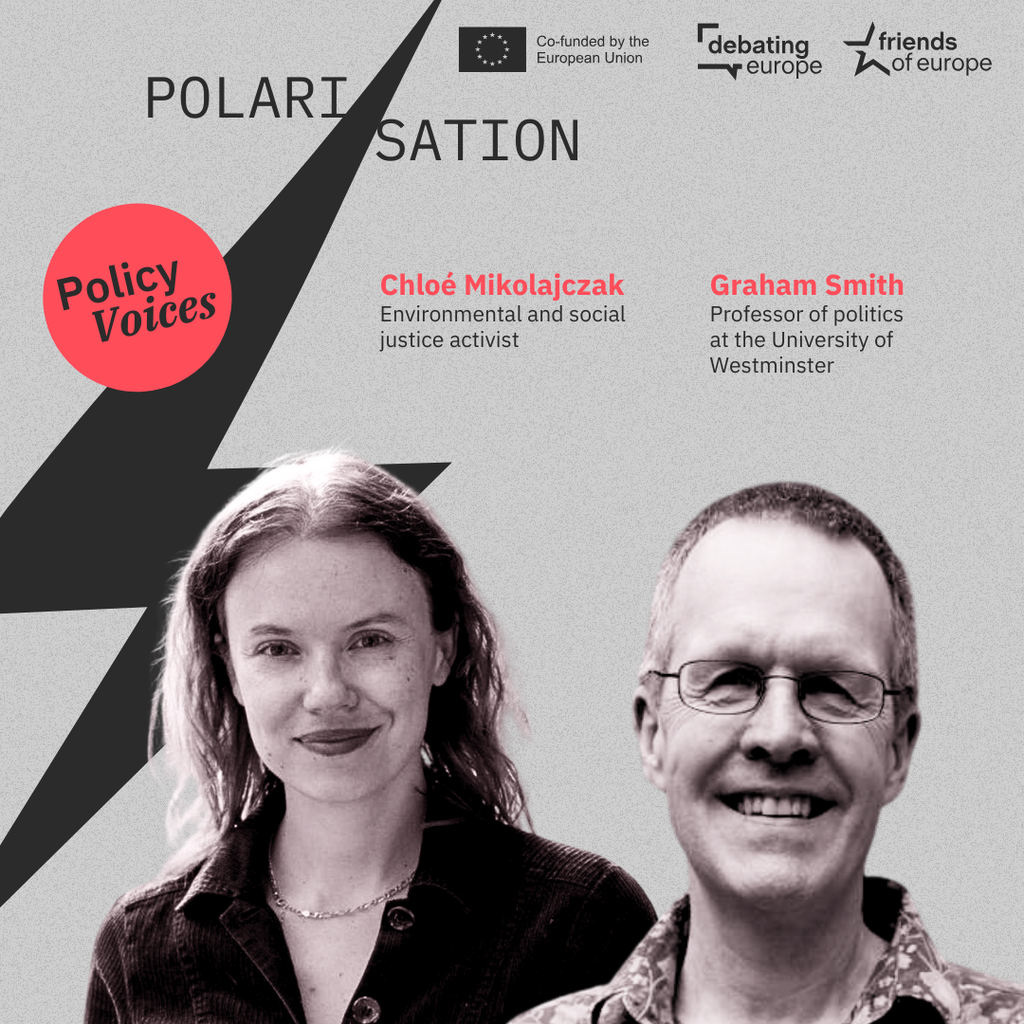Climate and Energy Summit 2025
Next event In person & livestreamed

- Area of Expertise
- Climate, Energy & Natural Resources
Climate, Energy & Natural Resources

President of the Governing Board of Friends of Europe, former deputy secretary general of the United Nations Conference on Trade and Development (UNCTAD), former deputy prime minister of Belgium and Trustee of Friends of Europe

The cascading crises that the world is facing are a cruel and brutal revelation of the flaws and inequalities generated by the global economic order that has prevailed for the past few decades. Localisation of activities, economic diversification, access to basic necessities, food security and sovereignty, and energy independence are all challenges that the pandemic, extreme climatic events and the consequences of the war in Ukraine have brought to the fore.
The combination of these crises has cost millions of lives and will continue to do so, while also reinforcing pre-existing inequalities. At the same time, these crises are bringing the global economy to the brink of recession and questioning the rules that underpin international trade and the worldwide economic order.
To add to this list of challenges, one that is not often mentioned is gender equality. This issue is constantly in danger of being pushed into the background, even though it is one of the tools to address existing challenges.
However, the trade and climate communities have finally, and fortunately, abandoned the traditional view that ‘trade and climate are gender-neutral’. And for good reasons.
But what about climate fairness?
Annual CO2 emissions have more than quadrupled since the establishment of the General Agreement on Tariffs and Trade (GATT) in 1947. Since the creation of the World Trade Organization in 1995, these emissions have increased by 50%. None of the rules in these fields were drafted in support of climate crisis considerations.
Today, the climate is on everyone’s lips. But what about climate fairness? In the midst of the energy crisis and on the eve of COP27, the CO2 tax – the Carbon Border Adjustment Mechanism (CBAM) as planned by the European Union in its Green Deal – hovers over the WTO. The likelihood of its validation by the WTO, which would address suspicions of trade protectionism over environmental protection, will depend on whether its revenues are partially allocated to stimulate cleaner production technologies in the Global South.
There is a potential package of tools in the European box to address the climate crisis in trade. The EU draft directive on environmental, social and governance (ESG) due diligence in supply chain regulation is one of them. Deforestation and all that intensifies pressure on natural resources – determinants of climate change – must be better taken into consideration in the trade process. The general system of preference is under review, as is the future of investment agreements and investor-state dispute settlements (ISDS). All of these tools can make a difference.
However, the issue of gender equality falls through the cracks. Since the beginning of a globalised open market, as well as the lightning-fast development of the digital economy, a new class of employment and entrepreneurship opportunities have been created. But their distribution between men and women is highly unequal, in number and quality. And when jobs become available to women as a result of a free trade agreement (FTA), they are mainly low-tier professions that do not include managerial or supervisory responsibilities. In other words, these are not empowering jobs.
Without women in the trade and climate negotiation process, we are not only missing a series of development objectives but reinforcing inequalities and frustrations
Many gender-related provisions are enshrined in several recent FTAs, mainly in a dedicated chapter that includes cooperation activities in terms of capacity-building, skill enhancement or the establishment of powerless trade and gender committees. But even if these examples constitute a step in the right direction, we are still far from achieving a positive impact for women. None of these provisions will seriously nor sustainably improve current issues around gender equality.
The experience of women and girls regarding the impact of climate change continues to go unheard, while women’s economic activities are disproportionally affected. Their resilience and knowledge in agricultural productivity, responsiveness to citizens’ needs and ability to increase cooperation across communities or ethnicities are ignored in most cases. Their workforce is not accounted for because they are often confined to informal sectors. Their civil society movements are not associated in one way or another with the process of trade negotiations.
We need gender-sensitive trade and climate policy design. Without women in the trade and climate negotiation process, we are not only missing a series of development objectives but reinforcing inequalities and frustrations. It also leads to missed opportunities in terms of strength, expertise and concrete, robust impact on the ground.
It is now time to embrace these questions differently, jointly and systemically to limit the damage of the climate crisis and initiate a just transition. The climate generation reveals a new wave of transformative leadership in the grassroots climate movement, which is unsurprisingly pioneered by young girls everywhere in the world.
The EU will not strengthen and assert itself to the rest of the world only through internal cohesion, value-setting, industrialisation efforts or even defence. It will also have to integrate the views and aspirations of the rest of the world, as well as what is moving and changing at the heart of their societies, into its external trade and climate partnerships. Women will be excellent vectors.
The views expressed in this #CriticalThinking article reflect those of the author(s) and not of Friends of Europe.
Next event In person & livestreamed

Past event In person & livestreamed

Past event In person & livestreamed

Past event In person & Livestreamed





Stay informed
We use cookies and similar technologies to adjust your preferences, analyze traffic and measure the effectiveness of our campaigns. Learn more about our privacy policy.